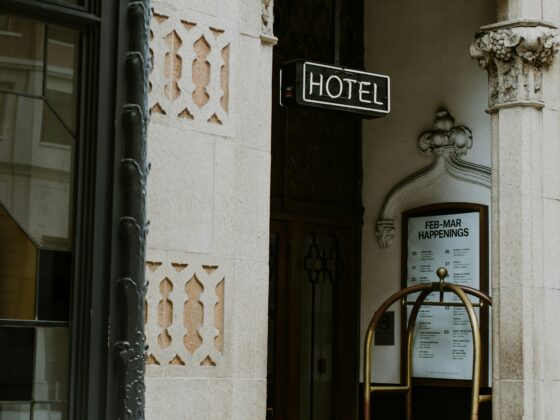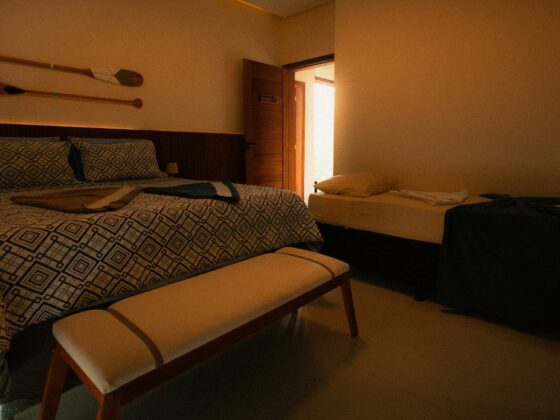A new wave is emerging in hospitality: nature-based design.
Hotels don’t just have an energy problem, they have a design problem. The solution is not about inventing something new, but rediscovering what our ancestors already knew.
For thousands of years, buildings worked with nature instead of against it:
🌞 Following the sun to stay warm in winter
🌬️ Using natural ventilation to stay cool in summer
🌱 Building with local materials that breathe and last for centuries
💧 Harvesting rainwater and reusing it in daily life
🕯️ Maximizing daylight to reduce artificial light
🔇 Valuing silence, with thick walls and layouts that created calm
This is a topic I’m passionate about and follow closely. Visionary architects and sustainability thinkers are pushing the idea even further: not just sustainable buildings, but autonomous ones, self-sufficient ecosystems that generate energy, recycle water, grow food, and integrate with nature.
The implications for hotels are enormous. Imagine properties that don’t just minimize their footprint, but operate as living systems, producing resources instead of consuming them, while offering guests a healthier, more authentic experience.
While fully autonomous hotels are still rare, we’re already seeing properties take important steps: minimizing footprints, producing part of their energy, integrating green infrastructure.
Guest expectations are evolving. Hospitality that merely “reduces harm” is no longer enough, the next frontier is hospitality that regenerates.
Some solutions are simple and universal. Rainwater harvesting, for example, can dramatically reduce water use while connecting guests with natural cycles.
And there are pioneers pointing the way forward:
🌊 Eco-Floating Hotel (HAADS): a futuristic concept designed to rotate with ocean currents, generating energy, recycling water and integrating circular systems, showing how autonomy could extend offshore.
🌆 Parkroyal Collection Pickering (Singapore): an urban “hotel in a garden” with 15,000 m² of sky gardens, green walls, rainwater harvesting and bioclimatic design, proving that even dense cities can host buildings that function as living ecosystems.
❄️ Svart (Norway, Arctic Circle): designed to be completely off-grid and energy-positive, producing more energy than it consumes while operating as a circular ecosystem.
Guests are noticing. Sustainability and wellness are no longer “extras”, they are expectations. At Surf Office, we see MICE groups increasingly prioritize hotels that optimize energy and water use and communicate it authentically.
💡 The opportunity is clear: hotels that embrace nature-based and autonomous design don’t just save resources, they create more meaningful, restorative guest experiences.
👉 Do you think autonomous hotels will become mainstream in hospitality, or remain the exception rather than the rule?
🌍 Beyond market trends, should this be optional, or a responsibility if we want to preserve our planet?







